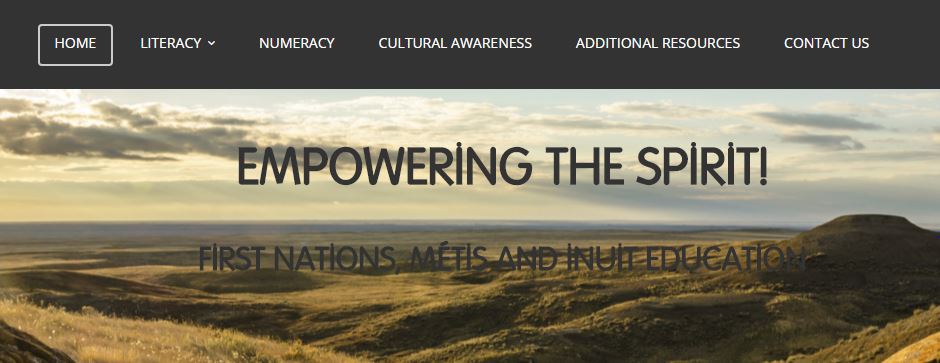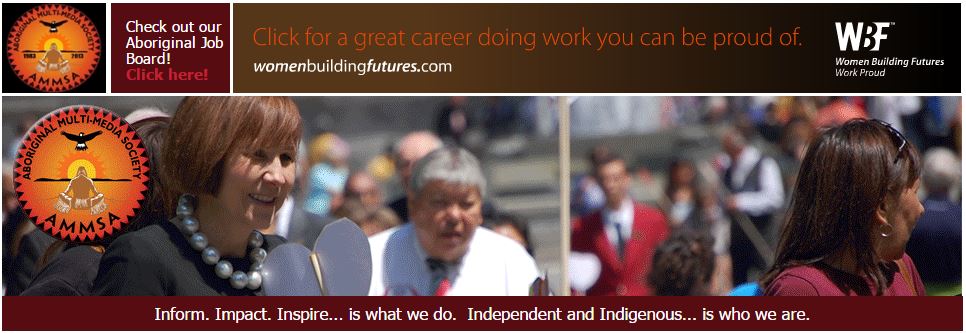
Having completed my B Ed at the University of Alberta, I was quite aware that the Edmonton Pubic School Board (EPSB) had a large program in place to reach the Aboriginal student, family and community as well as the educators of Aboriginal students. The resources within this website are plentiful. Documents for First Nations, Metis and Inuit families to maneuver the educational system, documents to guide young adults in future career pathways, Cree language resources (as many schools K-12 provide Cree as an option for students), family resources for health and well-being. This all-encompassing website replicates the values of the First Nations people as it does not solely deal with education, rather the development of the whole person (and those who support the student). This website is not only useful for those teachers who have First Nations, Metis or Inuit students but it provides an example of how educational boards are reaching out to meet the needs of all learners. From an Aboriginal perspective, I feel this could be seen as a form of media outreach to showcase the efforts of the school board to connect with the Indigenous communities.
To access this website, go to: https://sites.google.com/a/epsb.ca/fnmi-education/home
Ronaye Kooperberg (Module 3 – Post 4)




